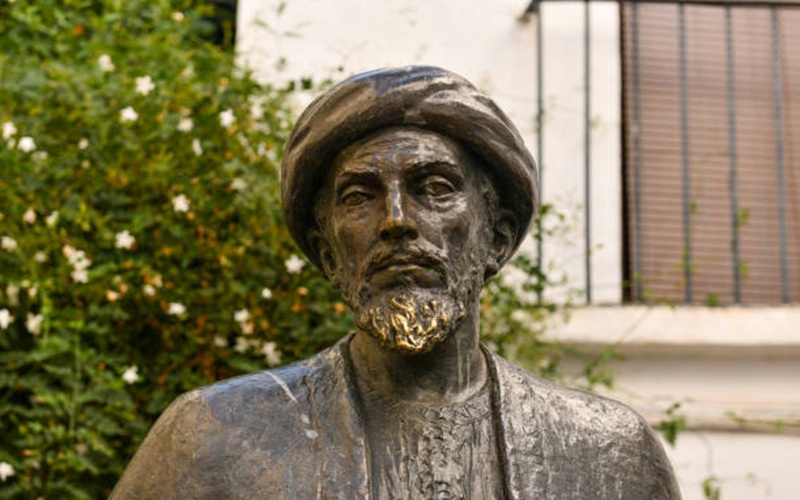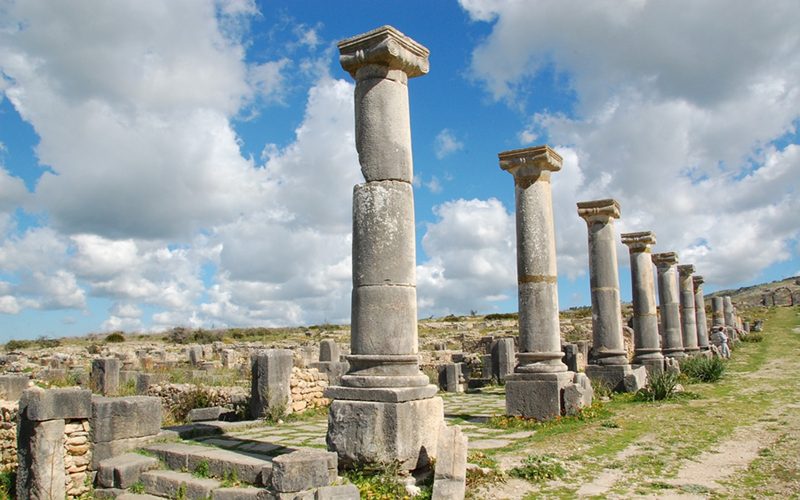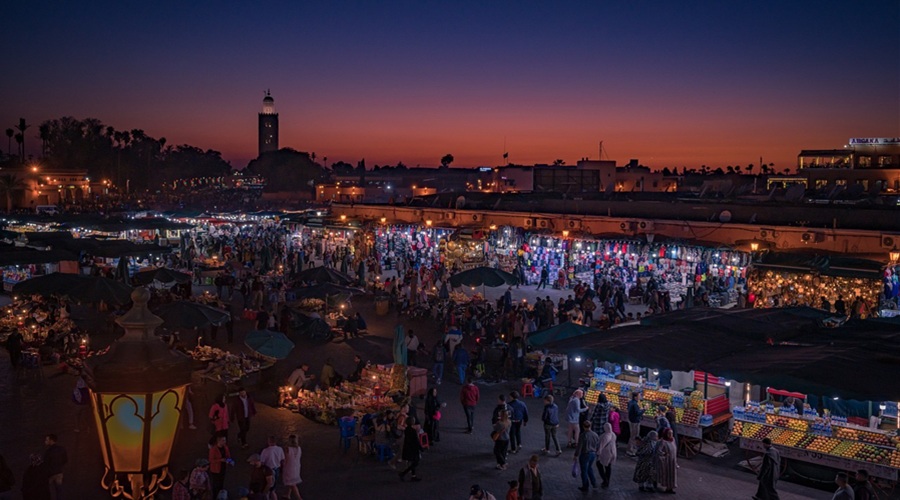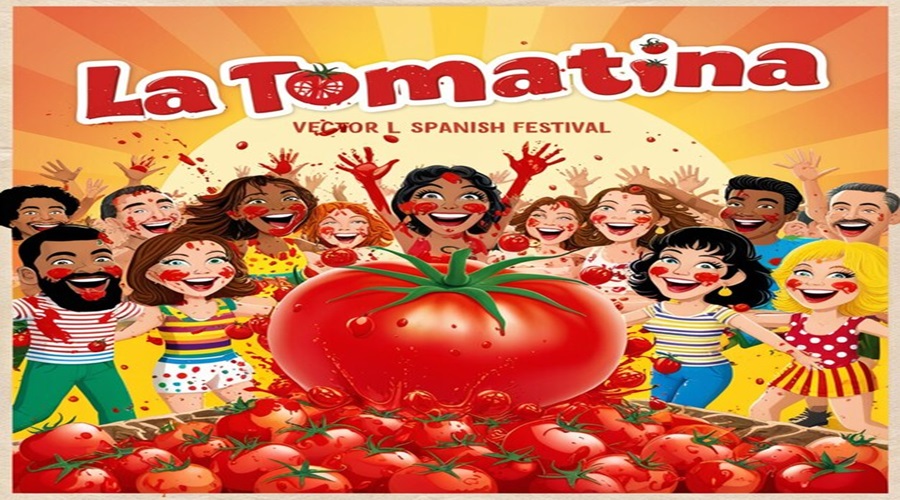Introduction
Morocco, a country renowned for its vibrant landscapes, rich history, and diverse culture, is equally famous for its remarkable hospitality. Moroccan hospitality, known locally as diyafa is deeply ingrained in the cultural fabric of the society. Characterized by warmth, generosity and a profound respect for traditions, Moroccan hospitality is embracing the ancient tradition of treating visitors as honoured guests, often with reverence and respect. Rooted in historical influences from Amazigh, Arab, and Andalusian cultures, Moroccan hospitality is more than a social norm; it is a worldview that reflects deep-seated values of community, family, and respect for the guest. This paper explores the components, significance, and contemporary practice of hospitality in Morocco, illustrating how it serves as a bridge between tradition and modernity.
Historical Context
The concept of hospitality in Morocco has ancient roots. Historically, the country’s strategic position as a crossroads between Europe, Africa, and the Middle East has facilitated a unique exchange of cultures and ideas. This confluence has given rise to a hospitality ethos that is inclusive and reflective of diverse influences.
Tribal societies in the mountainous regions, such as the Berbers, have long practiced communal hospitality as a means of fostering alliances and ensuring survival. Guests are often viewed as blessings, bringing protection and prosperity. Similarly, the Arab influence, particularly with the arrival of Islam, infused the practice with spiritual significance, emphasizing the duty to care for visitors.
The rich tapestry of Amazigh, Arab, and Andalusian cultures weaves together the diverse histories, traditions, and languages of North Africa and the Iberian Peninsula. The Amazigh, or Berber people, are the indigenous inhabitants of North Africa, with a history that dates back thousands of years. They have their own distinct languages, customs, and art forms, which celebrate their connection to the land and their resilient spirit. Traditional crafts such as weaving and pottery, along with vibrant music and dance, remain integral to Amazigh identity, signifying a deep-rooted connection to their heritage.
In contrast, the Arab culture began to flourish in the region following the Arab conquests in the 7th century. With the spread of Islam, Arabic language and traditions intermingled with local practices, producing a unique amalgamation of cultural influences. Architectural advancements during this period, including intricate mosques and palaces adorned with stunning geometric patterns, reflect the profound impact of Arab culture on the broader landscape. Arabic literature, particularly poetry, also soared during this era, leaving an indelible mark on the cultural fabric of North Africa and beyond.
The Andalusian culture represents a remarkable period of coexistence and cultural exchange between the Islamic world and Christian Europe, particularly during the Reconquista from the 8th to the 15th century. This era is characterized by a flourishing of art, philosophy, and science, where scholars like Ibn Rushd (Averroes) and Maimonides bridged knowledge across religious divides. The music of Andalusia, rooted in the diverse influences of Amazigh, Arab, and even Jewish traditions, gave rise to forms like flamenco, which continue to resonate today. The synthesis of these cultures culminated in a vibrant legacy that still influences modern art, music, and architectural styles across both North Africa and Spain, serving as a testament to the enduring power of cultural exchange.
Key Elements of Moroccan Hospitality
Moroccan hospitality is characterized by several key elements that ensure guests feel welcomed and valued:
1. The Greeting Ritual
The greeting is a quintessential part of Moroccan culture and hospitality. Upon entering a Moroccan home, guests are often welcomed with enthusiastic greetings such as “Ahlan wa sahlan,” meaning “welcome,” often followed by an embrace or handshake. This initial interaction sets the tone for the hospitality experience.
2. Sharing Food and Drink
Central to Moroccan hospitality is the act of serving food. The preparation of traditional dishes such as tagine, couscous, and pastilla serves not only as a culinary delight but also symbolizes care and respect for the guest. Green tea, often referred to as “Moroccan whiskey,” is a staple of hospitality, served in ornate glasses, and accompanied by traditional pastries or snacks. The tea ceremony itself is a ritual that embodies the values of patience and sharing.
3. The Importance of Space
In Moroccan culture, the home is a sanctuary, and the guest is treated as part of the family. Homes are often designed with separate areas for guests, reflecting the respect for privacy and comfort. The layout commonly includes a welcoming salon adorned with colorful textiles and intricate tiles, creating an inviting atmosphere.
4. Hospitality as Obligation
In Morocco, hospitality is more than an act of kindness; it is a social and moral obligation. The concept of “derech” or “right” signifies that it is a duty to honor and care for guests without expectation of reciprocation. This cultural norm reinforces social ties and strengthens community bonds.
The Role of Hospitality in Moroccan Identity
Moroccan hospitality acts as a reflection of the nation’s identity. It embodies values of community, respect for tradition, and a deep-rooted sense of duty to others. In a world increasingly driven by individualism, Moroccan hospitality serves as a reminder of the strength found in communal values.
Additionally, hospitality is often portrayed in literature, art, and folklore that celebrates stories of generosity and the importance of community ties. Iconic tales and proverbs emphasize the virtue of welcoming strangers and the divine reward associated with it, further embedding the cultural significance of hospitality into the national consciousness.
Contemporary Practice of Moroccan Hospitality
Modernization and globalization have influenced Moroccan hospitality, but traditional practices remain strong. Many Moroccans still embrace their cultural heritage through family gatherings and community festivals that celebrate food, music, and shared experiences. While urbanization has introduced new lifestyles, the core values of generosity and welcome continue to thrive, particularly during religious observances like Ramadan, where hospitality plays a vital role in breaking fast with family and friends.
The tourism industry, too, has elevated the importance of hospitality. Hotels and riads (traditional guest houses) emphasize authentic Moroccan experiences, leveraging traditional hospitality practices to create memorable stays for visitors. This blend of modernization and tradition presents a unique opportunity for cultural exchange and understanding.
- Location: Morocco is located in the northwest corner of Africa, bordered by the Atlantic Ocean to the west and the Mediterranean Sea to the north. It has land borders with Algeria to the east and southeast and Western Sahara to the south.
- Strategic Importance: Morocco’s location near the Strait of Gibraltar, the narrow passage between the Atlantic Ocean and the Mediterranean Sea, places it in a strategic position for trade, cultural exchange, and tourism. The strait separates Morocco from Spain by only about 13 kilometers, making it one of the closest African countries to Europe.
- Diverse Geography: Morocco has a highly diverse landscape, with the Atlas and Rif Mountains, Sahara Desert regions in the south, coastal plains, and lush valleys, all of which contribute to its cultural and economic diversity.
Conclusion
Moroccan hospitality is a rich tapestry woven from history, culture, and social values. It exemplifies a profound commitment to generosity, respect, and community. As Morocco continues to navigate the complexities of the modern world, its hospitality tradition remains a crucial aspect of the national identity, offering warmth and solace to locals and visitors alike. Embracing Moroccan hospitality not only enhances cultural understanding but also reaffirms the significance of human connections in a fast-paced, interconnected world. Through its unique customs, Morocco extends an invitation to all, offering a glimpse into the heart of its culture—a culture that cherishes the guest as a sacred bearer of blessings.












[…] and friendly staff. It is a great choice for anyone looking to experience the best of Moroccan hospitality. Dar Soulaimane offers visitors a unique opportunity to stay in a traditional Moroccan house and […]